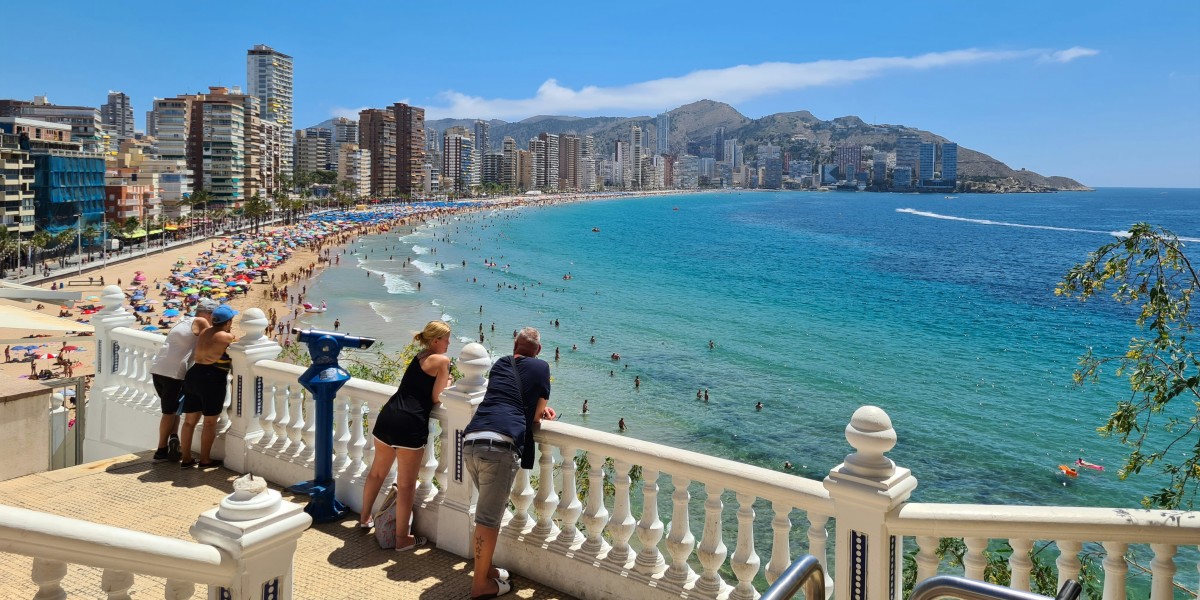
Spain has rolled out higher tourist taxes and stricter local rules across key destinations this year, aiming to curb overtourism and ease pressure on residents. From city surcharges to tighter rental licensing and guest registration, the travel experience is changing at check‑in and on the street. Yet are these travel rules working for Spain? Record visitor numbers this summer suggest the impact on demand is far from straightforward.
- Tourist taxes in Spain 2025: rates, coverage and who pays
- Overtourism measures beyond taxes: restrictions and enforcement across Spain
- Barcelona’s cruise curbs and port consolidation
- Spain’s “Big Brother” tourist registration rules at accommodation
- Málaga suspends new tourist accommodation permits
- Barcelona to phase out tourist apartments by 2028
- Community approval and stricter licensing for tourist lets
- Behavioural and crowd-control by‑laws in hotspots
- Are Spain’s new travel rules working for visitors? Record tourism and early outcomes
- Travelling more sustainably in Spain: avoiding mass‑tourist hotspots
Tourist taxes in Spain 2025: rates, coverage and who pays
Spain’s “tourist tax” — sometimes billed as a green or eco tax — is a per‑night levy added to stays to help fund destination management, local services and environmental projects.
Levies are set by regional and municipal authorities, with the most established system in Catalonia. Across the region (outside Barcelona), the Stays in Tourist Establishments tax is charged per person, per night, with the amount varying by accommodation category.
Barcelona adds a city surcharge on top of the Catalan tax. Under the current timetable, the municipal supplement rose to €4 on 1st May 2025, is scheduled to reach €5 in 2026, and is envisaged to climb to €8 by 2029.
Beyond Catalonia, regions and cities are moving at different speeds. Authorities in Galicia and the Basque Country are advancing or adopting city‑level measures during 2025, and several ports apply specific charges to cruise passengers.
Overtourism measures beyond taxes: restrictions and enforcement across Spain
Spanish authorities are pairing fiscal tools with tighter controls on where, how and when visitors move and stay. The focus is on crowd management, curbing illegal short‑term lets, and shifting pressure away from saturated areas.
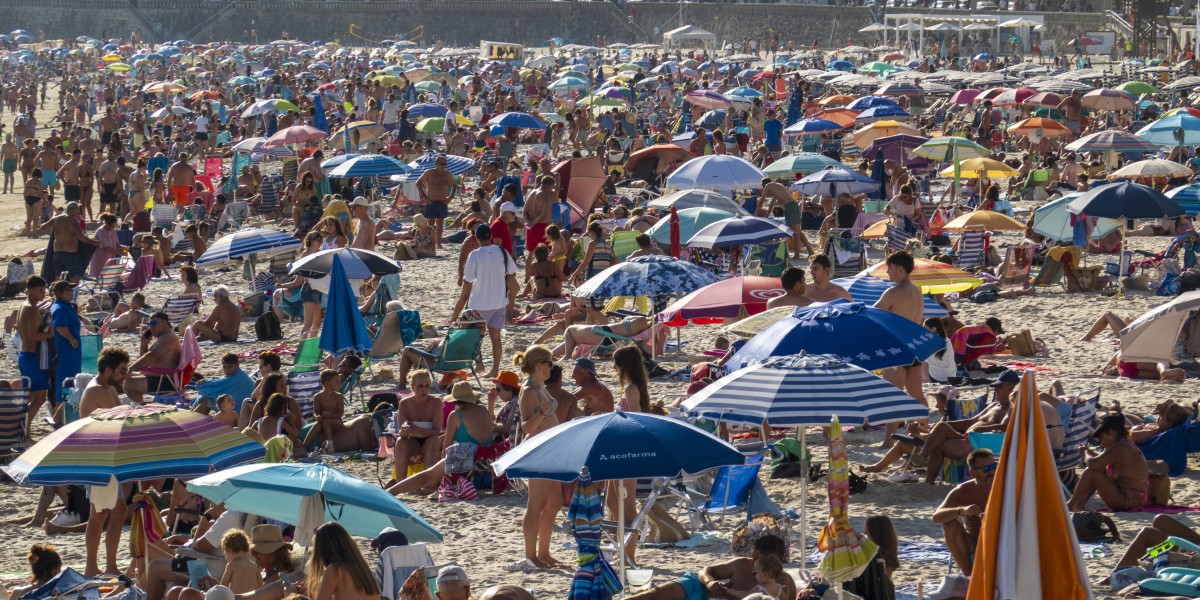
Barcelona’s cruise curbs and port consolidation
Barcelona will reduce cruise terminals from seven to five by 2030 and cap daily passenger capacity, alongside ongoing consolidation away from inner‑harbour locations.
- Current plans focus on reducing same‑day stopovers, limiting simultaneous calls at peak hours and tightening coach access to historic districts.
Spain’s “Big Brother” tourist registration rules at accommodation
Hotels, licensed holiday rentals and hostels must capture guest IDs and transmit data digitally to law‑enforcement systems, replacing patchy paper processes with real‑time reporting.
- The new tourist regulations apply nationwide and underpin enforcement against unlicensed lets and overstays, with fines for both operators and, in serious cases, guests.
Málaga suspends new tourist accommodation permits
Málaga has imposed a temporary ban on new tourist accommodation permits in saturated areas while it drafts tighter planning rules for short‑term rentals and hotel conversions.
- The pause is intended to stabilise supply and reduce pressure on housing, with inspections targeting illegal listings and non‑compliant buildings.
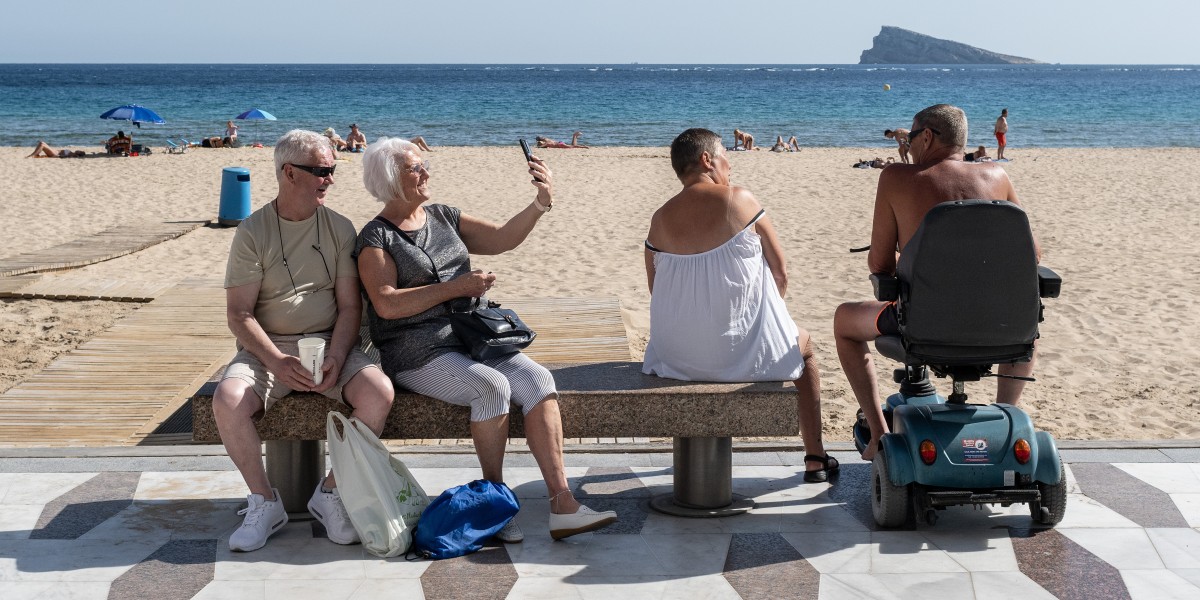
Barcelona to phase out tourist apartments by 2028
The city has announced the withdrawal of tourist‑apartment licences over a multi‑year period, aiming to return housing to residential use and reduce crowds in central neighbourhoods.
- Enforcement includes intensified inspections, higher penalties for illegal letting and stricter conditions on building use and access.
Community approval and stricter licensing for tourist lets
Regional and municipal rules are tightening entry points for new holiday rentals, including community‑of‑owners approvals, neighbourhood caps and zoning that excludes saturated blocks.
- This shifts decision‑making closer to the building level and helps target pressure where it is most acute.
Behavioural and crowd-control by‑laws in hotspots
- Barcelona: municipal rules in historic areas cap guided-tour group sizes, ban loudspeakers/megaphones and restrict coach access via timed drop-off and pick-up zones.
- Balearic Islands: in designated “tourism of excesses” zones in Mallorca and Ibiza, authorities curb alcohol promotions and street drinking, ban happy hours and party boats, limit free alcoholic drinks at certain all‑inclusive hotels, and enforce beach by-laws (no glass, no camping, limits on amplified music) with on‑the‑spot fines.
- Seville: seasonal mobility and pedestrian-flow plans during major events (e.g. Semana Santa) detail one‑way systems and crowd controls.
Are Spain’s new travel rules working for visitors? Record tourism and early outcomes
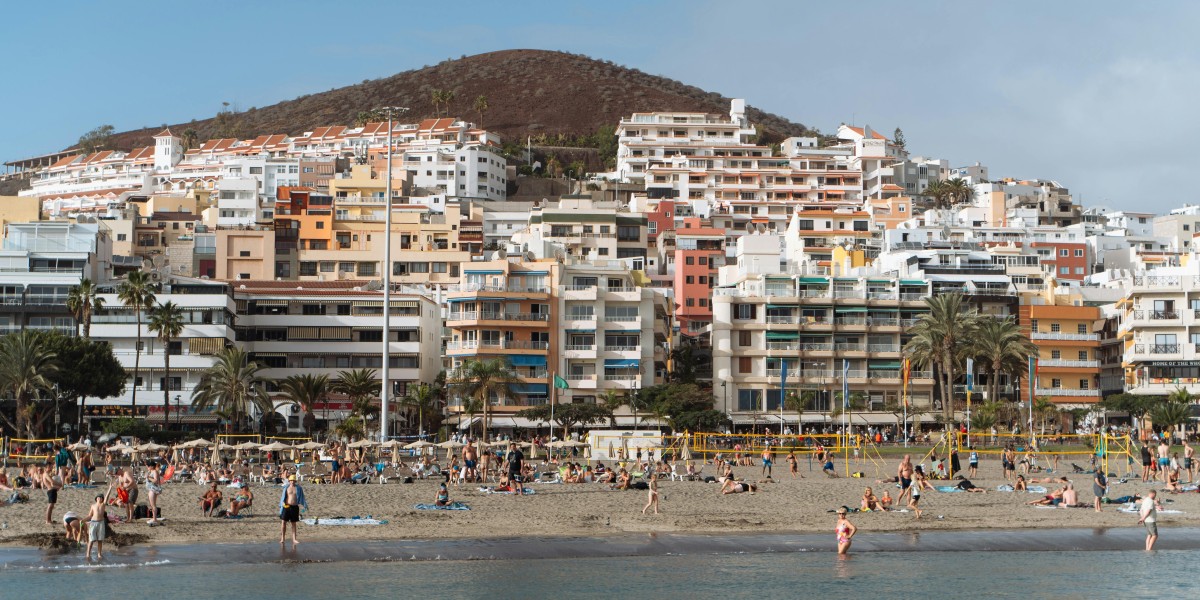
Spain’s overtourism toolkit has expanded this year, yet demand has remained robust. Peak‑season arrivals hit new highs in August 2025, and there's growing interest outside the traditional peak months.
From the UK market, early‑year momentum moderated into summer before an August rebound, but volumes stayed strong, with nearly 13.2 million British visitors recorded between January and August 2025. This keeps the UK as Spain’s leading source market.
On balance, the new measures appear to be reshaping behaviour more than reducing overall volumes. Local taxes and licensing are nudging stays towards licensed accommodation and spreading demand into off‑peak periods.
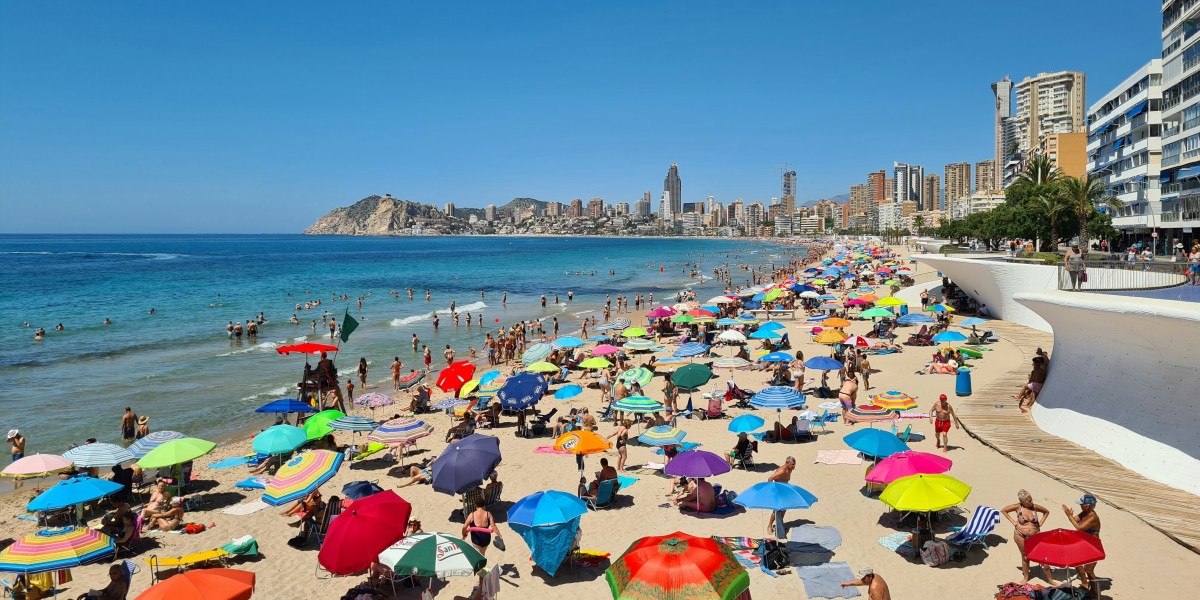
Travelling more sustainably in Spain: avoiding mass‑tourist hotspots
A growing number of destinations are asking visitors to tread lightly and spread out in time and place. This isn't an extension of the "tourists go home" movement, but rather a way to manage mass tourism. Practical steps can reduce pressure on saturated centres while improving the travel experience.
- Time and place shifts: prioritise shoulder seasons and lesser‑known regions, being aware of overtourism hotspots to sidestep in Spain and nearby alternatives.
- Swap big hubs for characterful bases: secondary cities and inland towns offer culture without crowding, so finding authentic alternatives to Spain’s tourist resorts will take you off the beaten track.
- Urban etiquette: follow local by‑laws on noise, litter and beach conduct. Plus, book timed entries when available and use public transport or walking routes in historic centres.
- Licensed stays and longer trips: choose registered accommodation and go for fewer, longer stays to cut churn and support neighbourhood stability.
- Local spend: opt for resident‑run eateries, markets and guides, and steer clear of high‑impact party promotions in restricted zones.
- Big‑city inspiration: in Catalonia’s capital, aim beyond the headline sites with non‑touristy things to do in Barcelona that spread visits across districts.
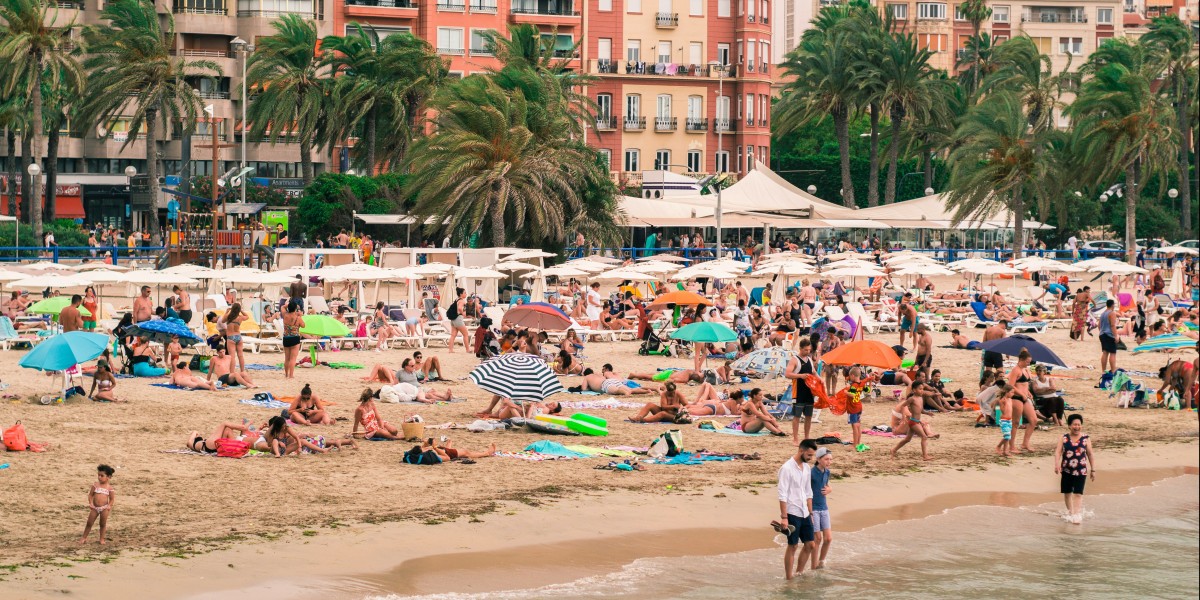
Stay informed on visiting Spain with our weekly newsletter, delivering the latest travel, legal, and lifestyle news.
